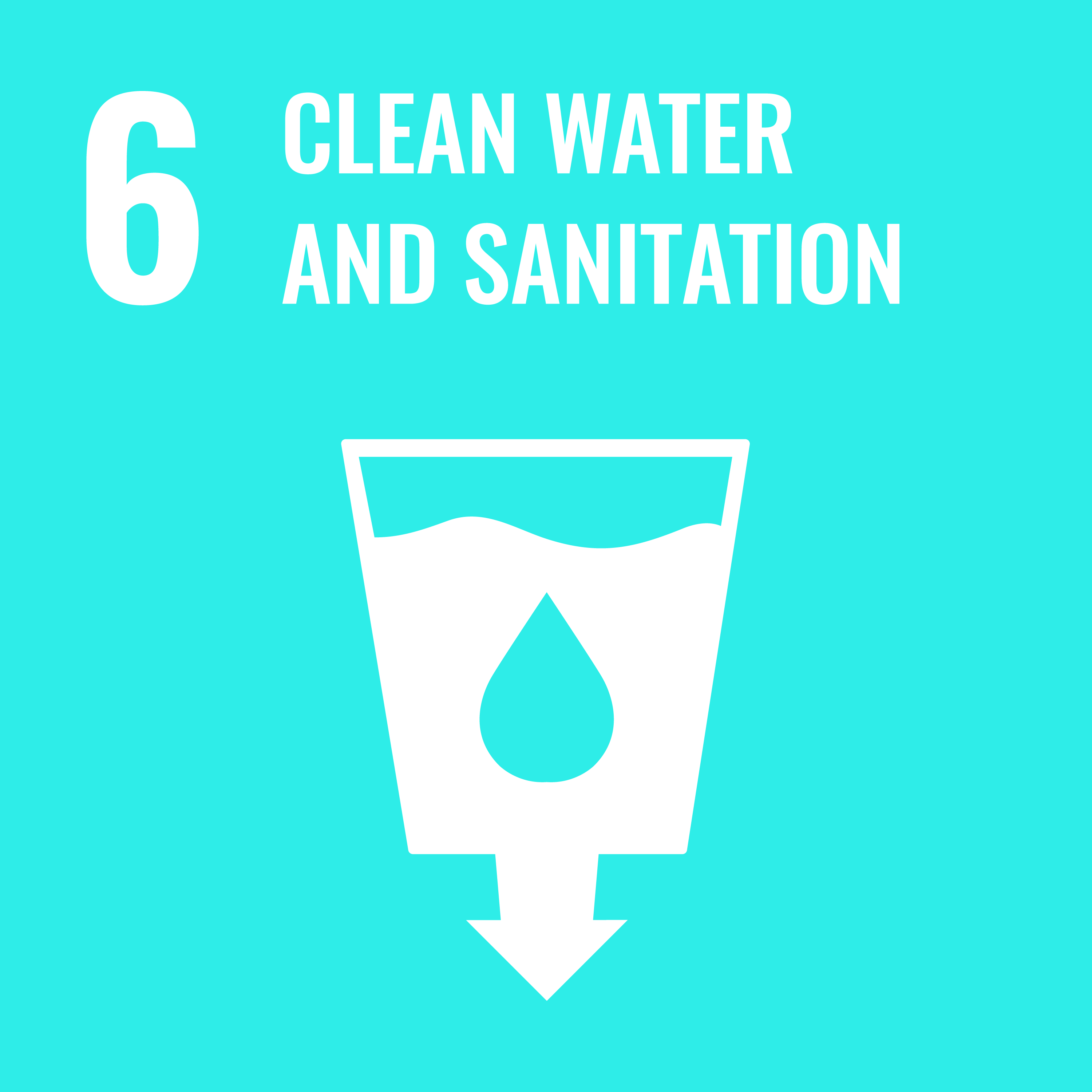The stress on our water environment as a result of increased industrialization, which accompanies urbanisation, is becoming very high thus reducing the availability of clean water. Polluted water also is of great concern to aquatic organisms such as plants, humans and therefore alters the ecosystem. In this context the United Nations through their SDG 6 also point out the role of local communities in improving their water management. Therefore, water management must be considered by all sectors including architecture and urban design. The objective of this workshop is to present architectural designs involving water and explore this dual impact that water has on human lives and the environment. In the field of architectural design processes, water elements could serve as points of gathering, a source of power, a place of culture and reflection, or a place of imagination. Nowadays, sustainable architecture encourages the use of water for many environmental and social reasons. Water could be effective at cooling interior spaces, and when combined with plants it could provide natural air conditioning. In our workshop we will highlight some recent innovations: The use of vertical walls of plants and waterworks is able to enhance interior spaces and provide comfort to their users by achieving energy efficiency and at the same time creating positive impacts on health, safety and community welfare. We will to focus on sustainable architecture as an interconnected network of natural and social systems that provides a diverse range of environmental, cultural and economic benefits. In our four-day workshop we invite you to discuss these issues and develop ideas with us which will then be presented and discussed on the final conference day. The workshop is open for students of all disciplines and especially relevant for students of Architecture, Engineering, Spatial Planning, Environmental Science, Water Management but also psychology, sociology and related disciplines.

- Enseignant: Joan Atheel Akrawi Akrawi
- Enseignant: Ass.-Prof. Nasma Maan M. Thabit Thabit
